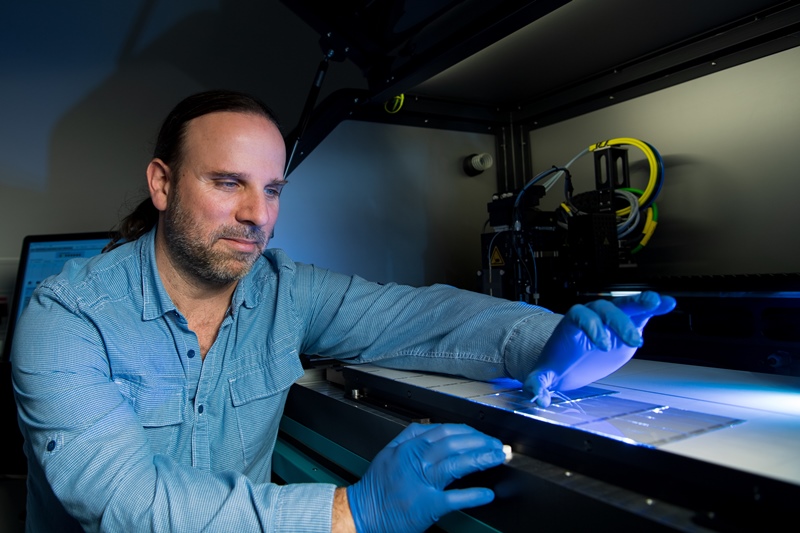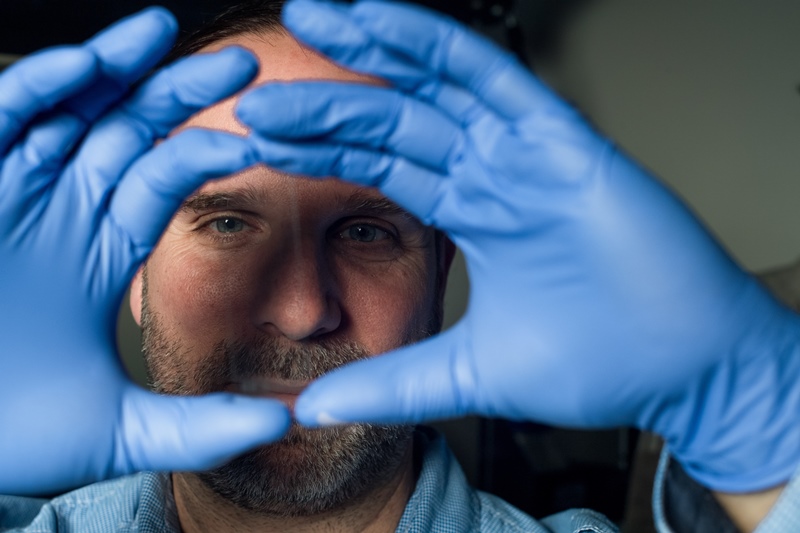Dr. Tomer Hertz of the Shraga Segal Department of Microbiology, Immunology and Genetics and the National Institute for Biotechnology in the Negev has been awarded a $100,000 grant to develop a non-vaccine method to diagnose and measure polio. The grant will be used to develop a non-vaccine based test to diagnose and measure the disease.

In 2014 the World Health Organization (WHO) recommended that all countries using traditional Oral Polio Vaccinations (OPV) begin strengthening immunization systems and introduce at least one dose of Inactivated Polio Vaccine (IPV) into standard vaccination schedules by the end of 2015. The WHO says its global focus is now expanding to plan for the replacement of trivalent OPV (tOPV) with bivalent OPV (bOPV) in all OPV-using countries.
“The WHO is looking for new, safe ways to measure reactions to polio vaccinations that do not include live viruses, in order to prevent new outbreaks," says Dr. Hertz. “Our proposal is to develop a new method of measuring reaction to the polio vaccine which is based on disabled virus." His lab focuses on systems immunology and on research about epidemics and vaccinations to combat them. The lab is working on a unique method of measuring immunologic profiles based on chips that are embossed with a variety of antigens. “We are working on a good, inexpensive substitute for existing tests that could be used in laboratories as clinical tests. The technology will provide an important new diagnostic tool," he added.

Dr. Hertz's research partners include Prof. Lester Shulman, Associate Professor at the School of Public Health, Sackler Faculty of Medicine, Tel Aviv University; the Israel Center for Disease Control (ICDC) and Britain's National Institute for Biological Standards and Control (NIBSC).